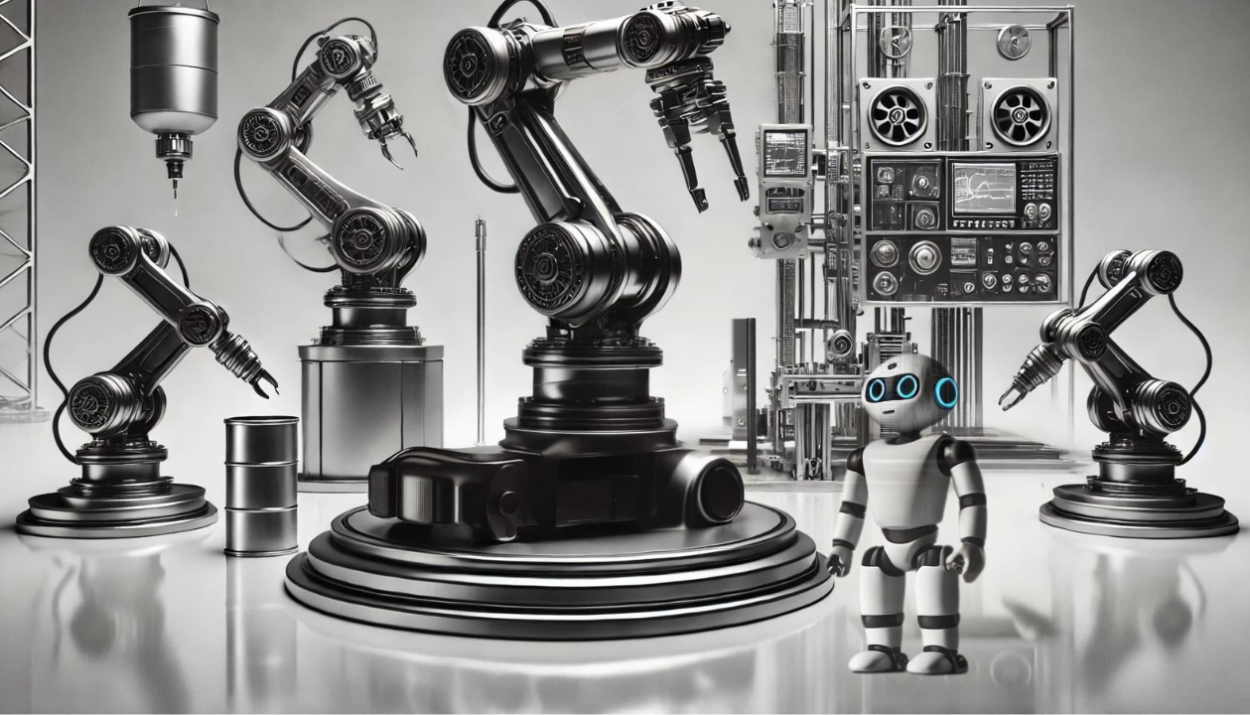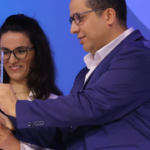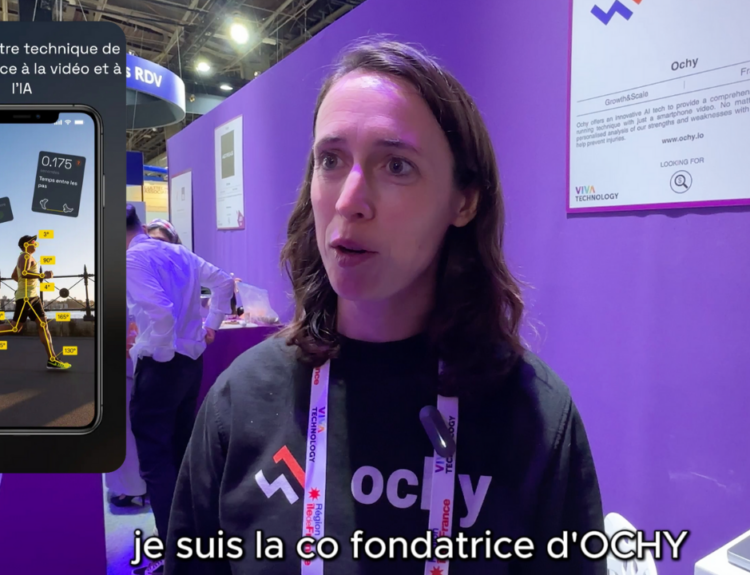According to the study just published by Evolis, French companies have reduced their robot purchases in 2023. Like a worrying pause in reindustrialization. But there are reassuring signals about the vitality of French startups that are… reinventing them.
Among the remarkable innovations, robotics holds a place in France that is both discreet and fundamental. Discreet because this industry, which is still not very integrated, has long been synonymous with job destruction here. Fundamental because in the ruthless global economic competition, robotic production, in industry or services, or even agriculture, is a proven competitive lever that improves overall productivity, generates wealth, improves the quality of life at work and increases the qualifications of personnel as well as their income. It is also fundamental because the France is among the world leaders in creative engineering in the field of robotics and associated artificial intelligence..
A welcome rebound after Covid
While the majority of industrialized or developing countries are equipping themselves massively, France is lagging behind. Although purchases jumped by 37.5% between 2020 and 2022, this is not enough to catch up. France, in fact, has five times fewer robots than Germany, 2e the best-equipped country in the world, with 240,000 in 2020.
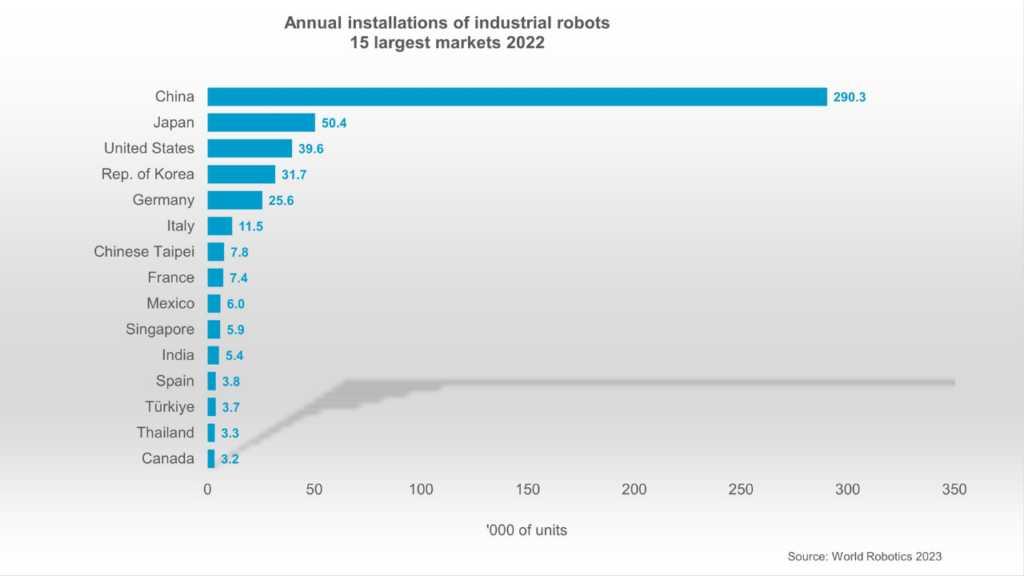
And despite a five-year plan adopted in 2020, France is failing to stimulate the use of this technology. In 5 years, from 2017 to 2022, the number of robots per 10,000 employees has painfully increased in France from 137 to 180, while the world number 1, North Korea, jumped from 710 to 1012 and Germany, number 2, went from 322 to 415... How can we regain competitiveness under these conditions?
And it is an incredible gap that is growing between France and its competitors. In 2022, China breaks all records, buying 290,000 new robots, far ahead of Japan (50,000) or Germany (25,800). And very far ahead of France which only acquired 7,380.
2023: reindustrialization at a standstill?
And it doesn't seem to be getting any better. The latest figures provided by Evolis, a group of 600 professionals from the industrial sector, reveals this. Published on June 19, its study shows that the reindustrialization undertaken in France would be in "pause" mode. If, at the end of the Covid crisis, sales of industrial robots suddenly took off in France, going from 5,368 in 2020 to 7,380 in 2022, in 2023, still according to Evolis, The industrial robotics market has contracted sharply, from 18.4%. With 6,022 units, the number of robots delivered and installed last year was lower than in 2021.
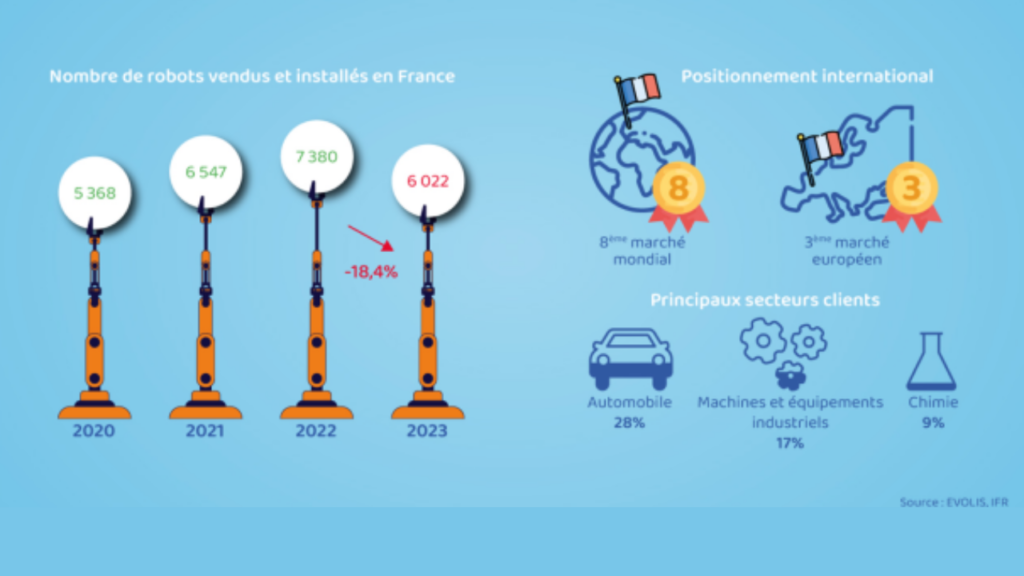
" This decrease in sales is broadly spread across all customer sectors and all types of robots.. It reflects a less dynamic French industry, particularly in the second half of 2023. ".
Source Evolis
Reasons for hope, despite everything
Will reindustrialization supported by public authorities make it possible to stem this phenomenon? Many believe in it and are investing in the development of new models and services assisted by intelligent humanoid robots. This is the case, for example, of the start-up Ipsum-Tek. With a large order before having even completely finalized its flagship product, it plans to launch its first " social robot ", capable for example of serving coffee in hotel rooms without making mistakes. To finance the development of this "assistant" called Onyro, Ipsum Tek has decided to open its capital to the public through a crowdfunding campaign, via the Crowdcube platform. Objective: raise €250,000.
Another player convinced by the promises of robotics, the young company enchanted.tools, created in 2021 by Jerome Monceau, co-creator of the famous robots Nao and Pepper. From trade fair to event, the Parisian startup takes its prototype on a tour: Mirokai, a one-legged humanoid mounted on a sphere that allows him to move with velocity. Like Peter Pan, he seems to have come out of an animated film with his yellow screen face with large, expressive, moving eyes and his large, pointed ears that never stop moving, as if to pick up conversations.
Director of CommunicationsEnchanted.tools, Richard Malterre assures him: "Mirokaï is equipped with conversation bricks but when he doesn't have the answer, he goes to look for it on the Internet, with the AI of ChatGPT, for example, or Mistral". Equipped with two arms, Mirokaï is also able to carry objects thanks to handles equipped with sensors.
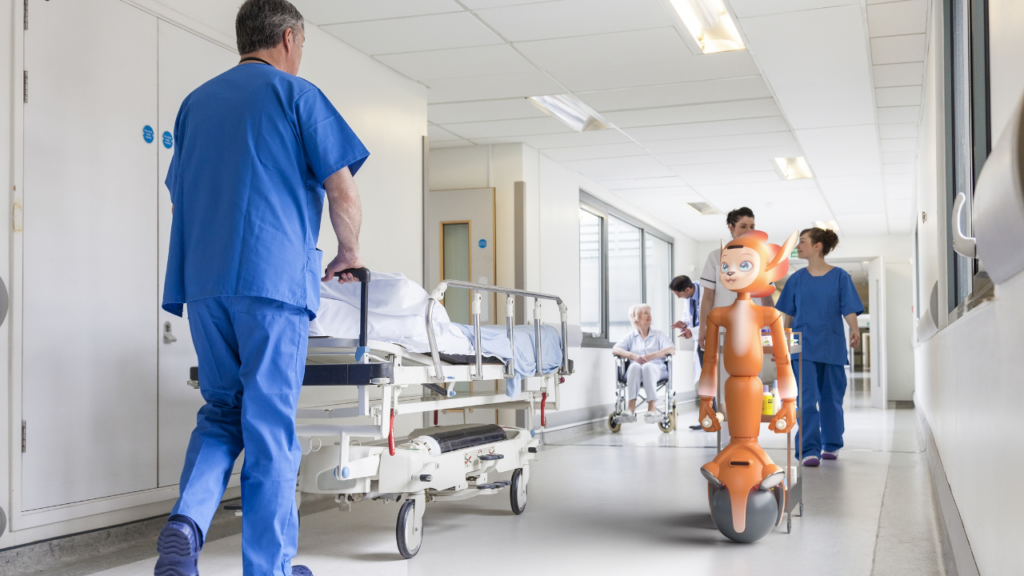
" We work in particular with AP-HP (Public assistance – Paris hospitals) where we go to talk with doctors, nurses to determine the services they will need in the future, tasks that Mirokaï could accomplish to relieve them ».
But beyond that, Enchanted.tools already plans to deploy its Mirokaï and Miroki in airports, restaurants and hotels, retirement homes, etc. to unfailingly relieve staff of thankless or repetitive tasks. The official release of Mirokaï is planned for 2025 at a probable price of €30,000 each.
While French companies have paused in the automation of their production, innovative startups are moving forward, with real French know-how. They strive to anticipate new needs, to integrate ever more AI, with the conviction that there are still places in the sun to be taken in this evolving sector currently dominated by the Swiss ABB or the Japanese Kawasaki.

